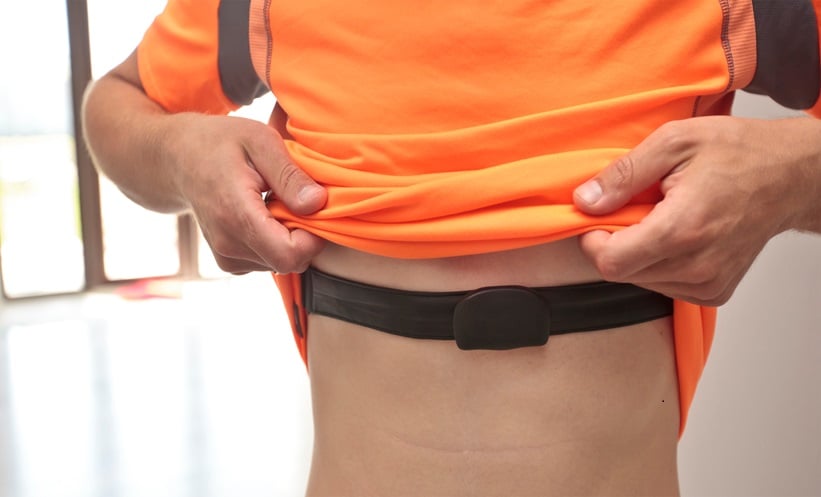ATRIAL fibrillation (AF) screening using a 14-day wearable heart monitor patch significantly increased diagnoses by 52% compared to usual care, according to recent research presented at European Society of Cardiology (ESC) Congress 2024.
The study, part of the GUARD-AF (Reducing Stroke by Screening for Undiagnosed Atrial Fibrillation in Elderly Individuals) trial, involved 11,905 participants randomised across 149 primary care sites in the USA (median age 75 years; 5.6% female). Participants were divided into two groups: 5,952 participants received continuous ECG monitoring via a wearable device for 14 days, while 5,953 participants received standard care. Of those randomised to screening, 5,684 (96%) returned ECG monitors with analysable results.
Over an average follow-up period of 15 months, the screening group showed a higher rate of AF diagnoses and a greater initiation of oral anticoagulant therapy compared to the usual care group (5% versus 3.3% of patients and 4.2% versus 2.8%, respectively). Despite these findings, the number of stroke hospitalisations was slightly higher in the screening group 0.7% vs 0.6%, and there was no significant difference in hospitalisation rates for bleeding complications.
The study’s conclusions highlight the challenges of assessing the full benefits of AF screening. The trial was halted early due to the COVID-19 pandemic, which limited the study’s ability to provide conclusive evidence on the impact of screening on stroke prevention. The preliminary results suggest that while wearable heart monitors can enhance AF detection and treatment, they do not yet demonstrate a clear advantage in reducing stroke incidence.
Future research should focus on larger, longer-term studies that include participants at higher risk for stroke to better understand the potential benefits of AF screening. Clinical practice should currently refrain from routine AF screening until more definitive evidence is available on its effectiveness in preventing strokes.
Katrina Thornber, EMJ
Reference
RD Lopes et al. Effect of Screening for Undiagnosed Atrial Fibrillation on Stroke Prevention. JACC. 2024;DOI:10.1016/j.jacc.2024.08.019.








